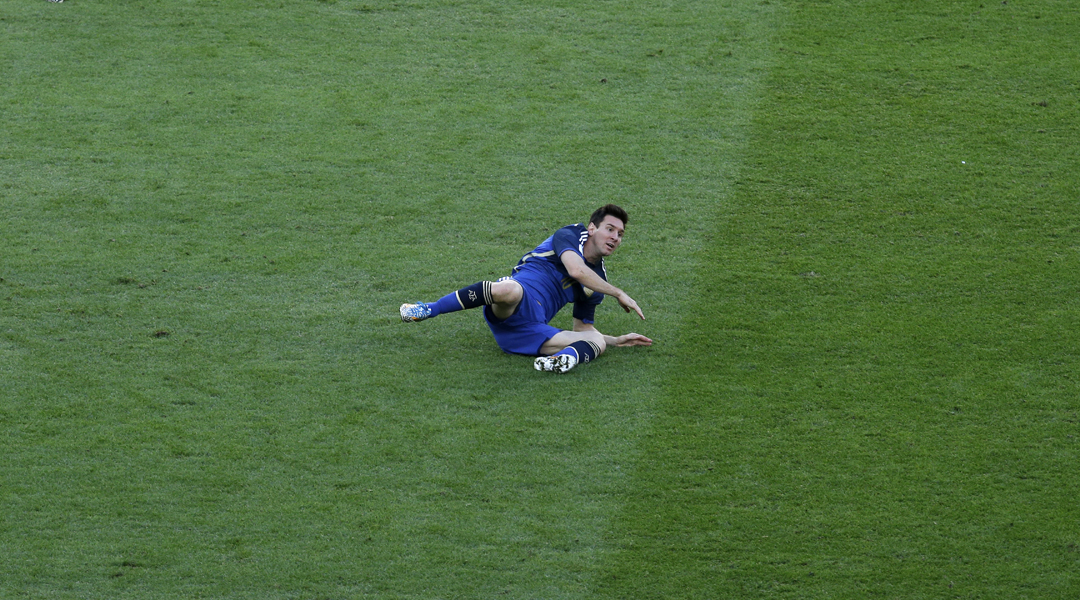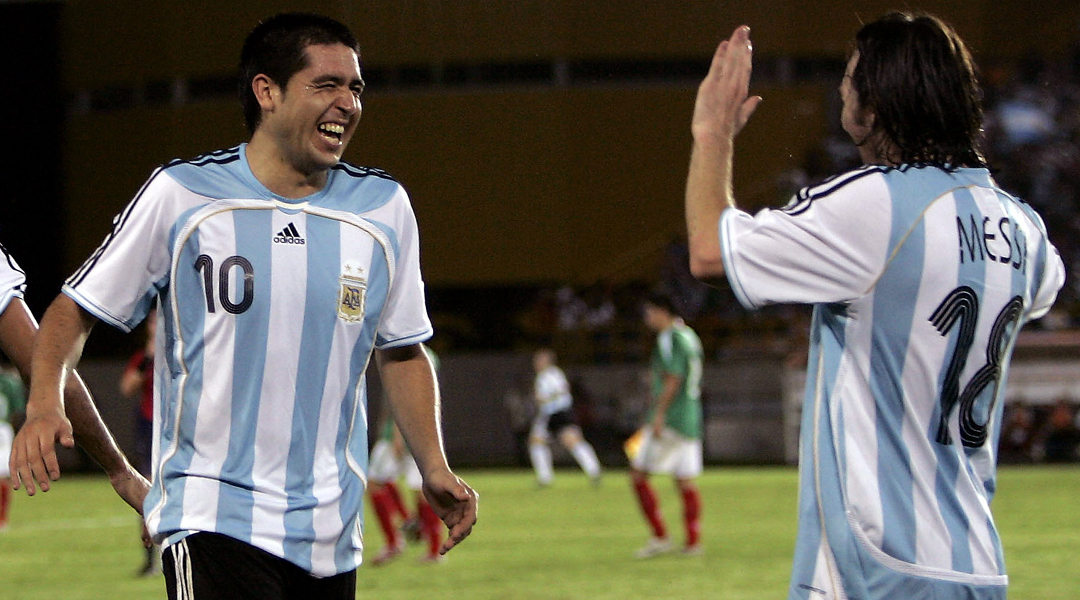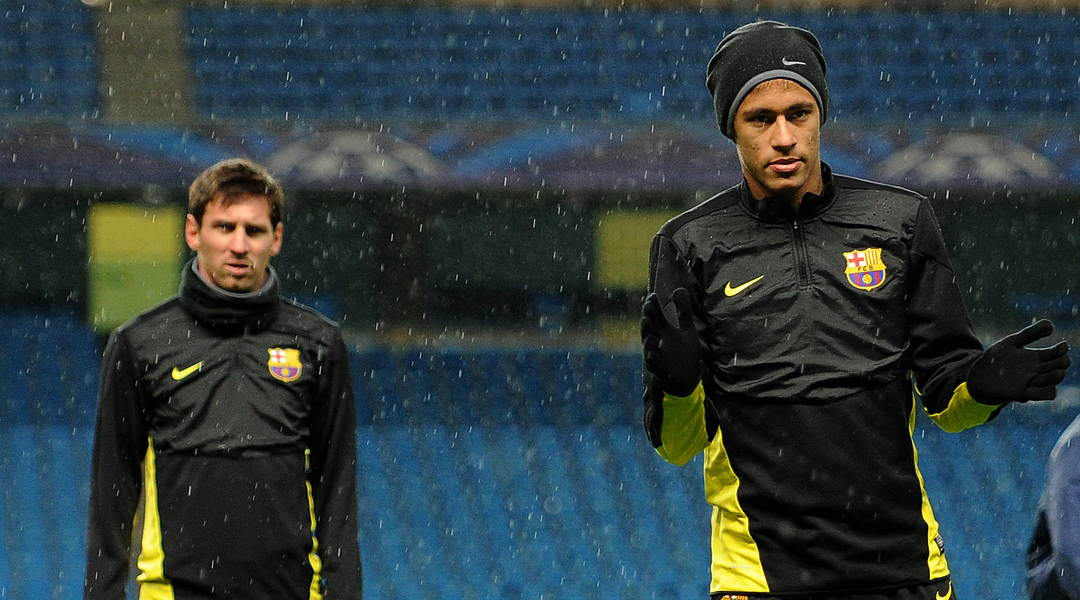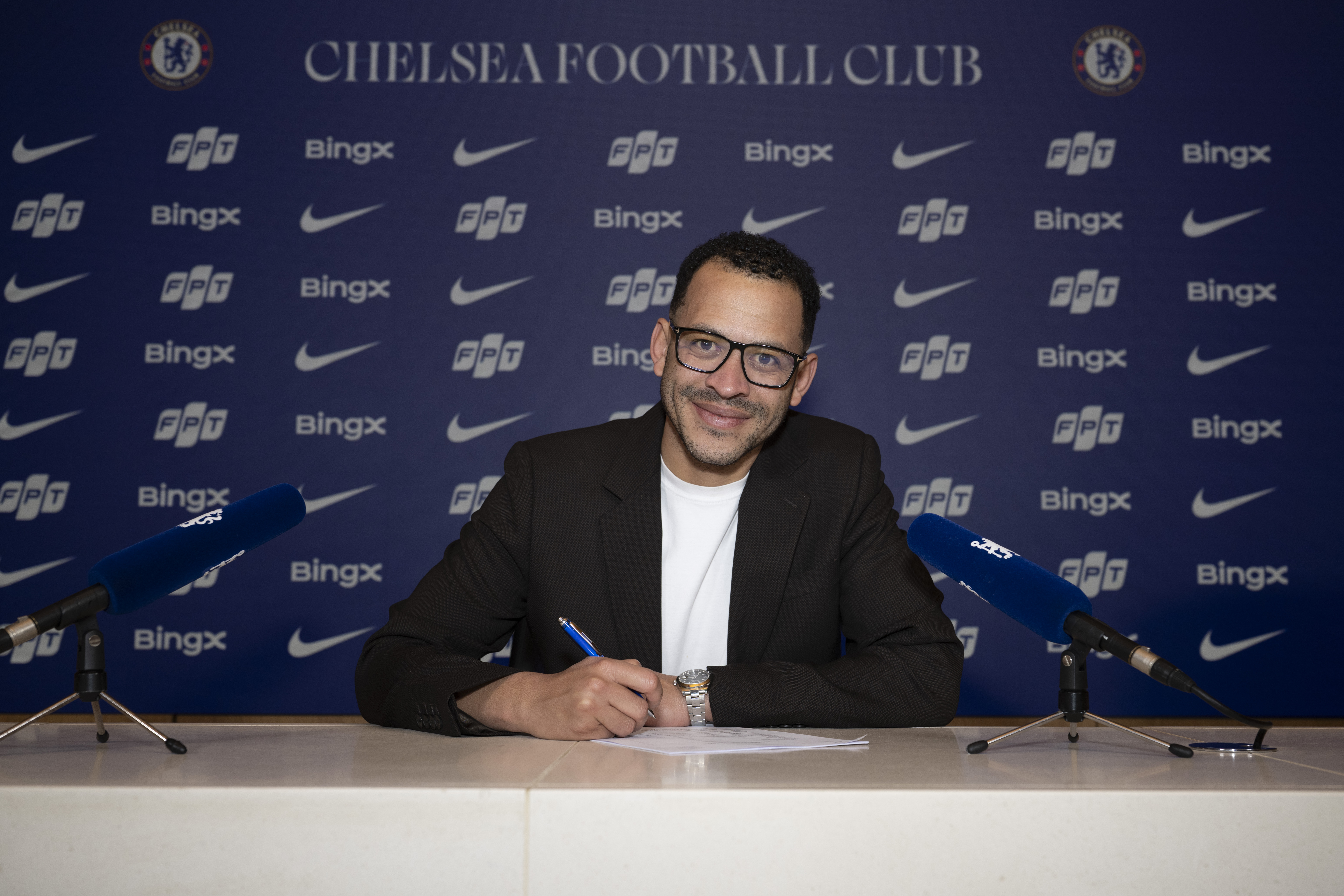"Goal-machine Messi": a thing of the past
His body's letting him down and his club are signing a star striker every summer: Messi's record-breaking days may be over. But Nick Harris sees a future based on Argentina's recent past…

The best features, fun and footballing quizzes, straight to your inbox every week.
You are now subscribed
Your newsletter sign-up was successful
Want to add more newsletters?

Five times a week
FourFourTwo Daily
Fantastic football content straight to your inbox! From the latest transfer news, quizzes, videos, features and interviews with the biggest names in the game, plus lots more.

Once a week
...And it’s LIVE!
Sign up to our FREE live football newsletter, tracking all of the biggest games available to watch on the device of your choice. Never miss a kick-off!
Join the club
Get full access to premium articles, exclusive features and a growing list of member rewards.
By almost anyone else’s standards, Lionel Messi had an excellent World Cup. The Argentine scored four times, made one glorious assist and picked up the Golden Ball, a decision so unexpected that even Sepp Blatter felt unable to comment on it without immediately combusting into a flameball of hypocrisy.
By Messi’s standards, Brazil must go down as a failure. The weight of expectation was typically ridiculous, but he will forever remember being clean through on Germany’s goal with every chance of meeting those expectations, instead dragging his shot wide. Messi didn't win the World Cup for Argentina; for some, that is enough to ensure he cannot be placed in the same bracket as Diego Maradona.
Comparisons with Maradona are inevitable for every talented young Argentine, and even when Messi has been able to live up to El Diego’s standard on the pitch, off it he has fallen well short.
Too quiet, too middle class and above all too European, Messi is a difficult man for Argentinians to root for compared to the fiery Maradona, despite the latter’s many sins. Messi will never truly escape Maradona’s increasingly rotund shadow, but he's not the only compatriot the Barcelona player should take his cues from.
The best features, fun and footballing quizzes, straight to your inbox every week.
There is a whole generation of football fans whose only memory of watching Maradona in action was his terrifying charge towards the camera in 1994. For many, when asked to name the quintessential Argentine No.10, it is not necessarily Maradona or Messi that immediately spring to mind, but Juan Roman Riquelme.
The romanticism of Riquelme
Riquelme is an intrinsically romantic figure. A laconic, iconic player who strolled around the pitch with a nonchalance that makes Andrea Pirlo look like a hyperactive spaniel.
His career is littered with high-profile near misses. In the 2006 Champions League quarter-final for Villarreal he saw a crucial penalty saved by Arsenal's Jens Lehmann; in that summer's World Cup quarter-final against Germany he was infamously substituted by Jose Pekerman, watching helpless as Argentina surrendered their lead and lost on penalties; and despite being the best player by far at the 2007 Copa America, he suffered a collapse in his form in the final.
In a way, these catastrophes only serve to boost his legend. Even now, as an increasingly cantankerous 36-year-old, Riquelme remains a key player: Boca Juniors fought hard to retain his services this summer, before he returned to Argentinos Juniors, whom he left for Boca 19 years ago.

Riquelme’s complete lack of physicality makes him someone who simply couldn’t exist in most sports. He more than most demonstrates football’s elevation of skill over sweat, and if 27-year-old Messi’s physical drop-off means he is no longer able to hit the goalscoring heights reached in recent years, Riquelme might provide the template for the rest of his career.
The Argentina captain’s fitness has been the subject of much debate throughout both the domestic season at Barcelona and at the World Cup, where Messi rarely broke out of a stroll. Of the 21 players who played more than 600 minutes at the competition, only goalkeepers covered less ground than Messi’s 62.7km.
This lack of mobility only exacerbates the effect he had on the tournament. Messi created the most chances of any player in Brazil, completed the most dribbles and scored half his side’s goals.
Messi v2.0
Clearly Messi has never been a physical powerhouse, but this new iteration of the Argentine, where he grumbles around the pitch like a sleepy dragon, isn't suited to leading the line despite the sporadic danger he provides.
Barcelona seem to have recognised they cannot rely so much on their Argentine goal machine, adding Luis Suarez to their ranks just a year after Neymar. The pair rank as the third- and fourth-most expensive players of all-time, depending on exactly what we are meant to believe was spent on Neymar.
The acquisition of Suarez has provoked the rarely reticent Johan Cruyff into bemoaning Los Blaugrana’s apparent decision to shed their free-flowing team style in favour of individual brilliance. Assembling a strikeforce of Neymar, Suarez and Messi is the stuff of dreams for Football Manager enthusiasts, but might prove less productive in the real world.

Germany’s World Cup success, based on a team where their biggest star is Thomas Müller, a man famed for his ability to escape attention, highlighted the importance of cohesive team play. Sides like Brazil, Argentina and Portugal, all heavily reliant on one man, fell by the wayside.
The lesson Barcelona seem to have taken from this is not to demolish and restructure the La Masia-based production line that won them everything under Pep Guardiola, but instead ensure they have more than one superstar to rely on. While adopting this Galactico approach to new players, Los Blaugranas have turned to a former favourite to manage the squad in the shape of Luis Enrique, a man whose dugout career peaked with Celta Vigo’s ninth-place finish last season. The boardroom at the Camp Nou must be a confusing place.
Strolling to success
04/05 7, 1
05/06 17, 6
06/07 26, 14
07/08 28, 10
08/09 31, 23
09/10 35, 34
10/11 33, 31
11/12 37, 50
12/13 32, 46
13/14 31, 28
Messi will naturally be vital to making this all work, but increasingly we might see him operate not as the gluttonous goal-grabber of years past, rather a Riquelme-like playmaker operating behind Suarez and Neymar. The Argentine’s eye for a pass has been overshadowed by his goalscoring exploits throughout his career, but only Angel di Maria created more chances per game than Messi’s 2.4 in La Liga last season.
Those who succeed while strolling have always divided opinion amongst fans, especially in the Premier League, where the likes of Dimitar Berbatov were viewed with the kind of suspicion usually reserved for people trying to take a trolley through the supermarket's basket-only checkout, but Messi’s ailments seem to leave him with little choice but rebirth as a flâneur.
For most of his career so far he has been a dynamic frontman in an all-conquering Barcelona team founded on the principles of their academy. With the club changing direction by spending vast amounts on Suarez and Neymar, and Messi’s own body starting to let him down, a shift in the Argentine’s role is coming – sooner rather than later.
 Join The Club
Join The Club










